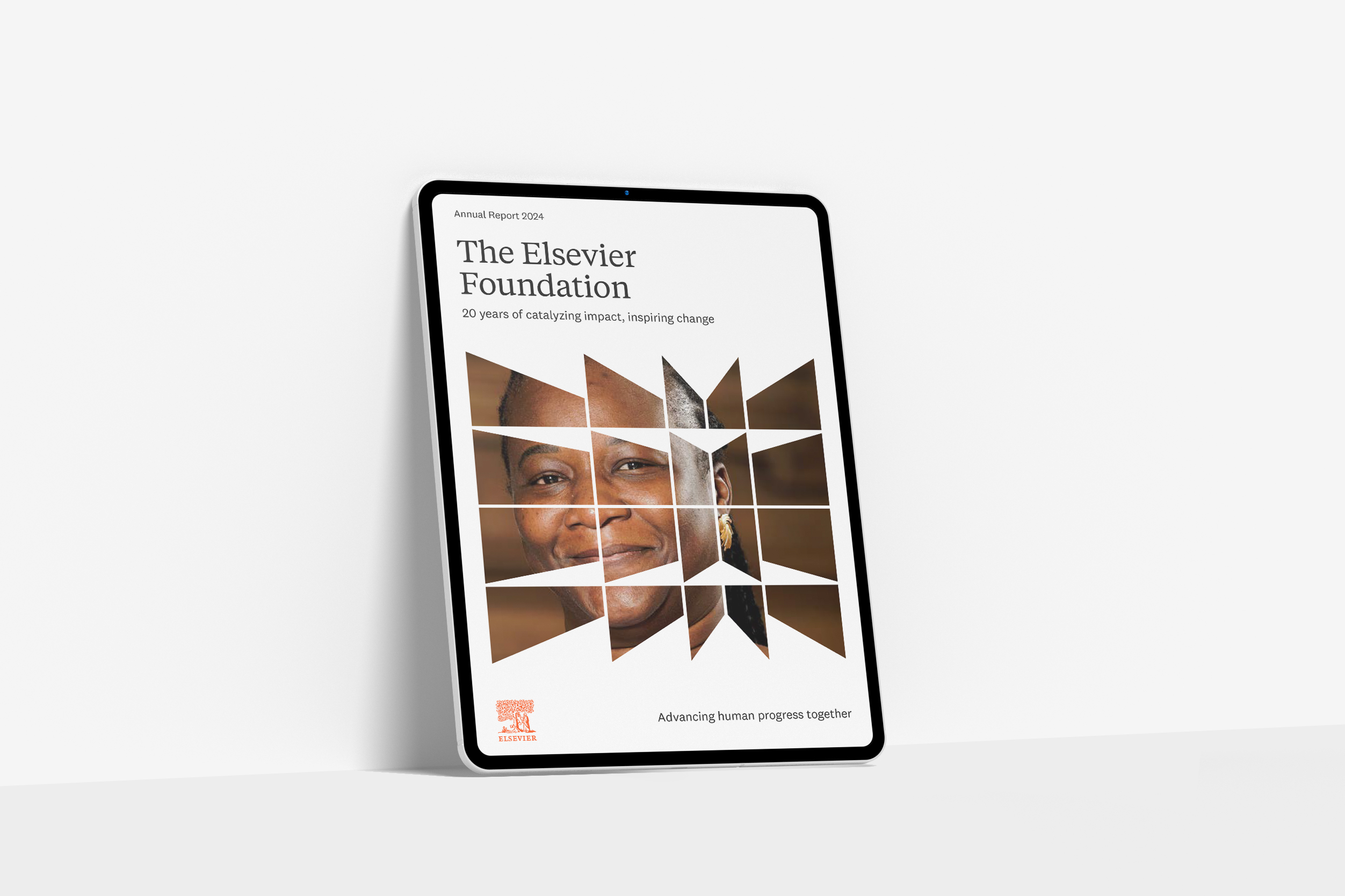This study demonstrates that deep learning models, especially Graph Convolutional Networks can effectively and accurately differentiate healthy individuals from those with mild cognitive impairment and Alzheimer's disease, supporting early diagnosis of cognitive decline.
This chapter supports UN SDG 13 (Climate Action), SDG 14 (Life Below Water), and SDG 3 (Good Health and Well-Being) by examining global trends and complex drivers of harmful algal blooms (HABs), which are influenced by climate variability and environmental changes. By highlighting the need for integrative research to understand and mitigate HAB outbreaks, it contributes to protecting marine ecosystems and reducing health risks associated with algal toxins.
This chapter supports SDG 7, 9, and 11 by exploring innovations in renewable energy sources and their potential to facilitate clean transportation alternatives; highlighting the importance of developing sustainable transportation infrastructure and leveraging technological advancements to achieve net-zero emissions; and emphasizing the role of urban planning and design in creating more environmentally friendly and equitable transportation systems.
Microalgae and One Health, Fundamentals, Biocompounds, and Health and Environmental Applications, 2025, Pages 3-15
This chapter aligns with UN SDG goals 3 and 11 by positioning plant-based eating as a positive and beneficial choice to shift public attitudes toward more sustainable food consumption.
The article highlights the importance of tailoring interventions to local cultural contexts and engaging with indigenous communities to ensure the feasibility and sustainability of Echinococcus control efforts.
Cirium has released the Flight Emissions Review, the official airline report giving stakeholders across the aviation sector an accurate, transparent, data-backed view of emissions performance. The emissions calculation is built on the most accurate calculations available and its methodology is certified to ISAE 3000 with Reasonable Assurance.
The review includes
To mark its 20th anniversary, the Elsevier Foundation has released an impact report highlighting its key partnerships and achievements. Since 2005, The Elsevier Foundation has awarded over $18 million in grant funding. These grants have supported more than 100 partners across 70+ countries, reinforcing a commitment to fostering inclusive research and healthcare and promoting better health outcomes and a more sustainable research ecosystem.



